Gamers who buy 'loot boxes' two times more likely to gamble: Research
Gamers who buy 'loot boxes' are up to two times more likely to gamble, shows new research published today in the peer-reviewed journal Addiction Research & Theory.
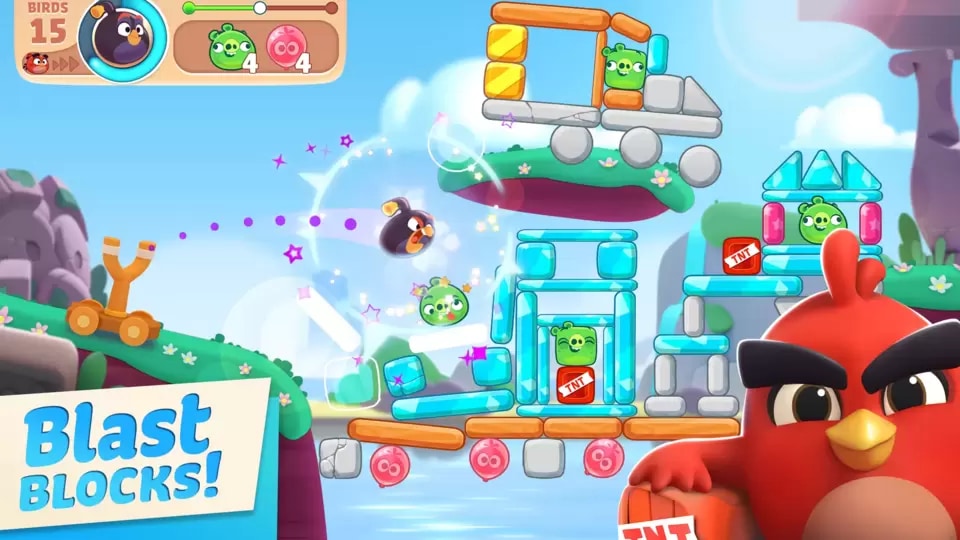
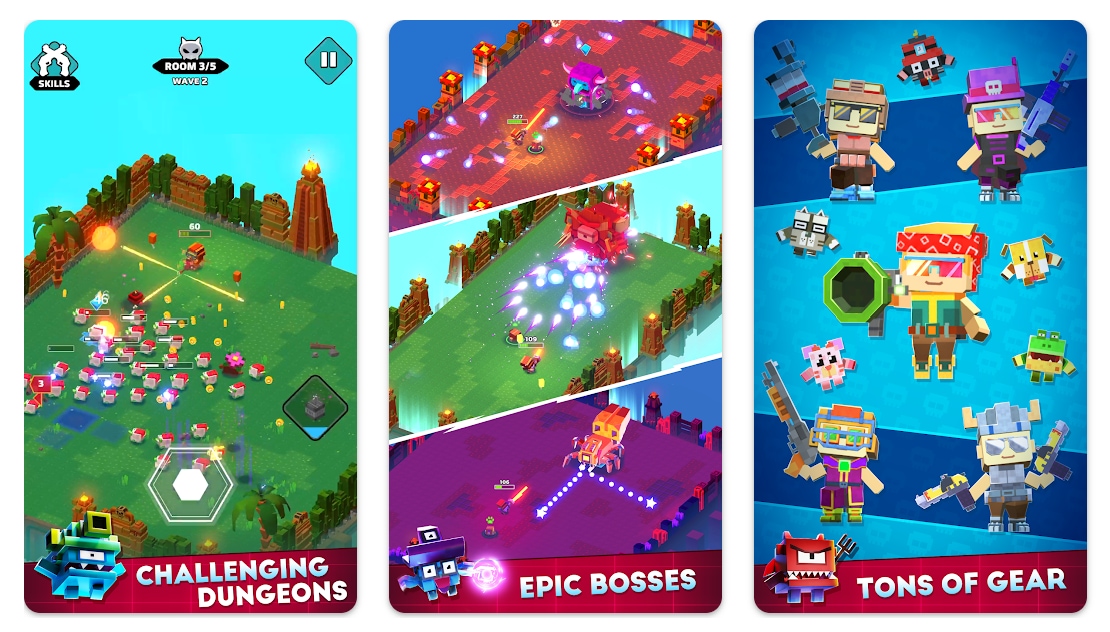

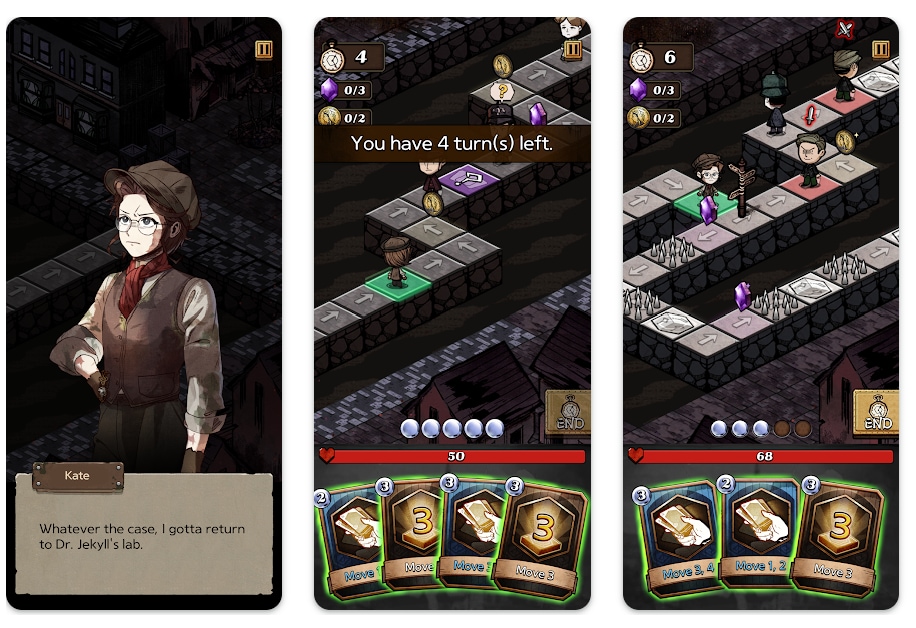
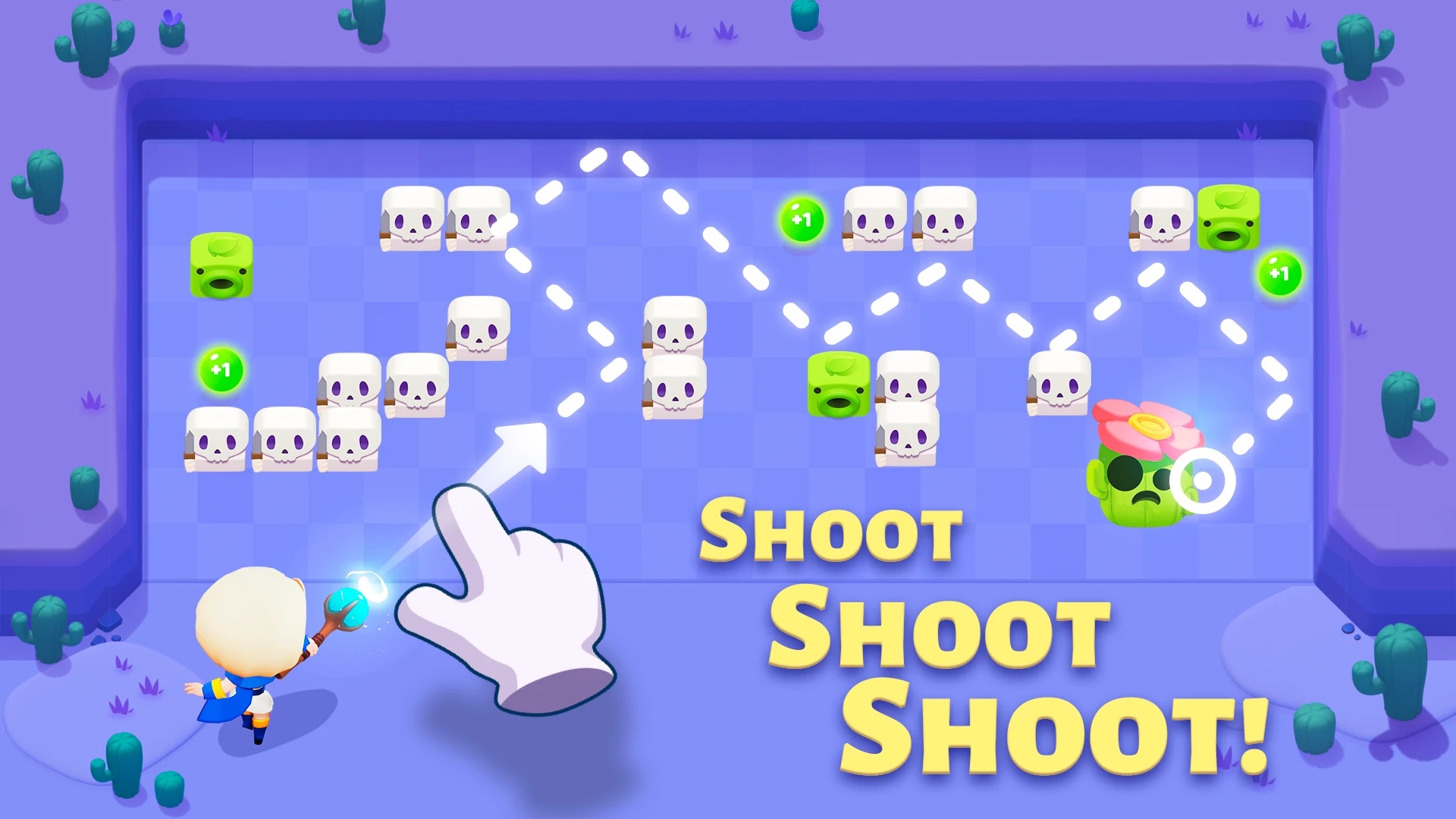
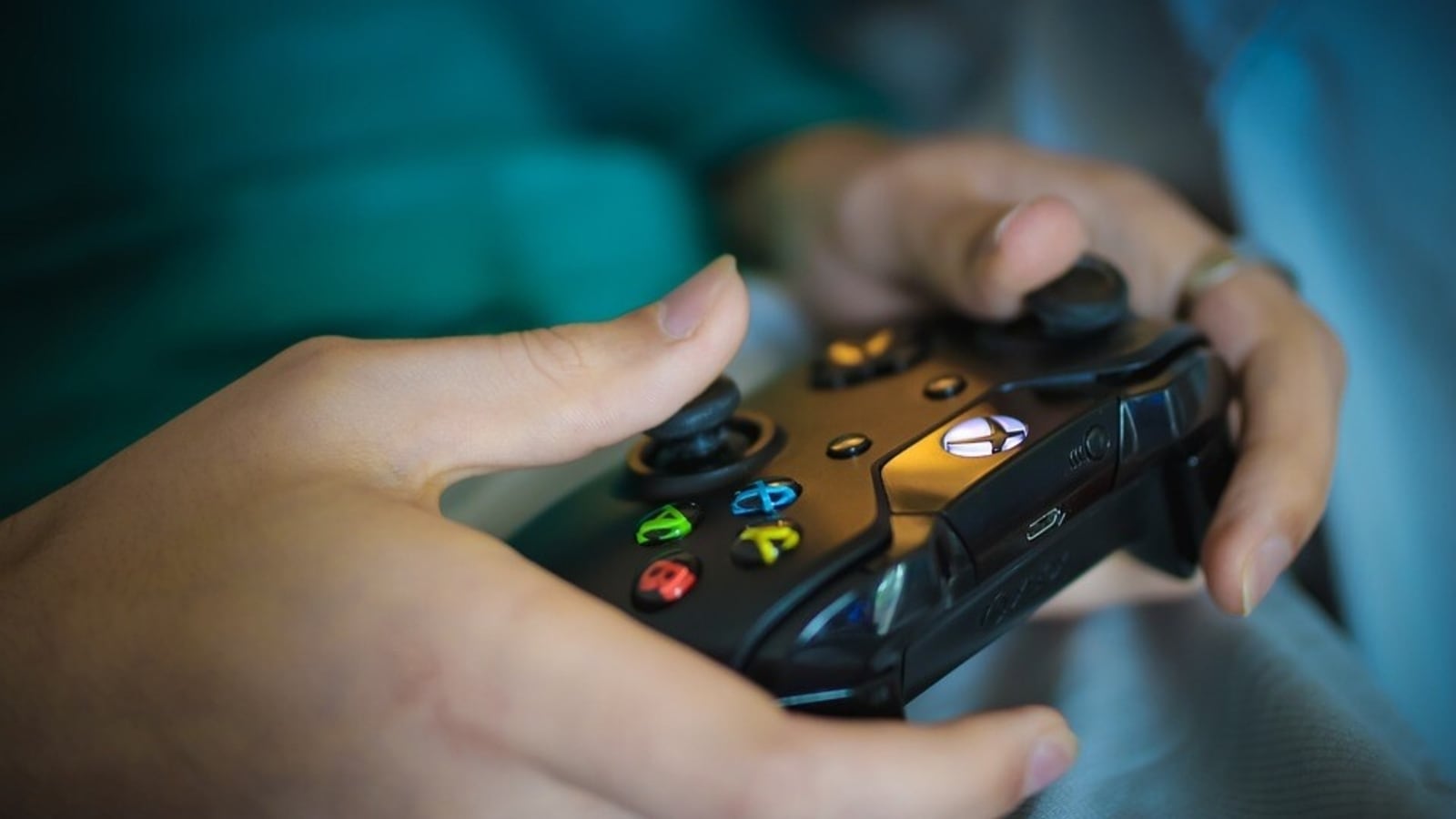
 View all Images
View all ImagesAccording to new research published today in the peer-reviewed journal Addiction Research & Theory, gamers who purchase 'loot boxes' are up to two times more inclined to bet.
According to the findings based on more than 1,600 adults in Canada, they are also more likely to have a gambling problem than players who do not acquire these 'virtual' treasure chests.
According to the authors, the findings call into question the hypothesis that psychological factors cause the link between gambling and loot boxes, which are outlawed in several countries, like Belgium, and are being considered for legislation in many others around the world.
Their research shows that the link between these video game characteristics and gambling persists even after controlling for childhood neglect, depression, and other recognised risk factors for gambling.
The authors say their findings have potential implications for policymakers and for healthcare. They are calling for more research into the benefit of harm minimization features, with some online platforms having already implemented these - such as telling players the odds of winning when they buy a loot box.
"Findings indicate that loot box purchasing represents an important marker of risk for gambling and problem gambling among people who play video games," says Sophie Coelho, a PhD student at York University, Toronto.
"The persistent associations we observed between loot box purchasing and gambling may provide preliminary support for the role of loot boxes as a 'gateway' to gambling and eventually problem gambling.
"Loot boxes may prime people to gamble and increase susceptibility to problem gambling."
Loot boxes are designed to entice players and are often paid with real-world money. They contain a random array of virtual things like weapons or new characters and are mostly controlled, unlike online gambling.
There is already evidence of a correlation between treasure box purchases and gambling, as well as compulsive gambling. What is unknown is whether this occurs as a result of recognised psychological risk factors for gambling.
The authors examined the previous year's loot box purchases among 1,189 students from five Canadian institutions and 499 individuals recruited from an online crowdsourcing platform and an online polling/survey site for this study.
All participants, aged 18 and above answered an online questionnaire on their video gaming and addictive behaviours, as well as their mental health and other issues.
The study considered more psychological risk variables for gambling than earlier research. These included emotional turmoil, impulsive behaviour when agitated, and negative childhood events such as abuse and neglect.
According to the findings, a comparable number (17 per cent) of students and community members purchased loot boxes, with an average spend of USD 90.63 and USD 240.94, respectively. In both participation groups, the majority identified as male.
Over a quarter (28 per cent) of students who purchased loot boxes reported gambling in the previous year, compared to 19 per cent of non-purchasers. More than half (57 per cent) of community adults who bought them gambled, as did 38 per cent of non-purchasers.
Students who reported riskier loot box purchasing patterns (e.g., purchasing more loot boxes) were more likely to have a problem with gambling. This was not the case for community members, which the researchers attribute to limited sample size.
Adverse childhood experiences were consistently associated with an increased likelihood of past-year gambling and greater problem gambling among all psychological risk factors.
The authors say this may suggest that people with troubled upbringings have a heightened vulnerability to developing gambling problems. They add: "This may be compounded by engaging with gambling-like features embedded in video games, such as loot boxes."
Although the scientific team did adjust "for a large range of transdiagnostic psychological variables", they state, however, that one of the limitations of their study is that they did not account for every single psychological, sociodemographic, or gaming- or gambling-related confounder of associations between loot box purchasing and gambling - of which some "undoubtedly exist".
Catch all the Latest Tech News, Mobile News, Laptop News, Gaming news, Wearables News , How To News, also keep up with us on Whatsapp channel,Twitter, Facebook, Google News, and Instagram. For our latest videos, subscribe to our YouTube channel.































